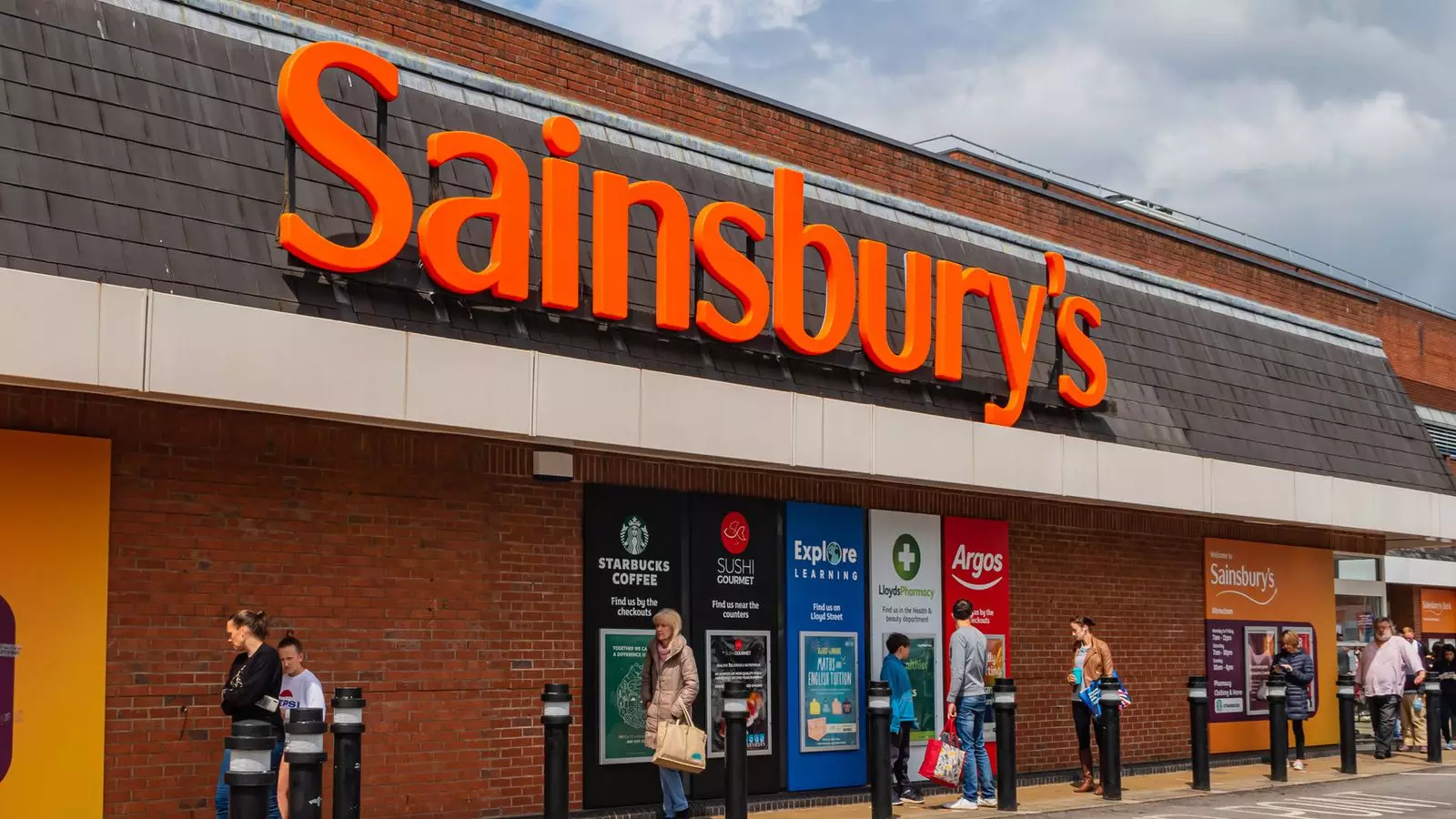The retail landscape in the UK is experiencing shifts that highlight the complexities of current economic pressures. Recently, Sainsbury’s announced a significant reduction in its workforce, planning to eliminate over 3,000 jobs across various roles, including those within its head office and senior management. This decision emerges from a broader strategy aimed at coping with the escalating costs that many businesses are grappling with, illustrating how market dynamics shape operational choices.
Sainsbury’s restructuring initiative is part of its “Next Level” strategy, which seeks to refine the company’s operational framework while ensuring a sustainable business model. The supermarket chain outlined that the decision to cut jobs was propelled by the need to navigate a “challenging cost environment.” This reflection of economic pressures signals a shift in retail as companies reassess their workforce needs amidst ongoing budgetary challenges.
The impending closure of 61 in-store cafes further exemplifies Sainsbury’s strategy to streamline operations. Management cited a noticeable decline in customer footfall within these dining areas, with a majority of patrons opting not to utilize them regularly. By shuttering these cafes and additional food counters, Sainsbury’s is attempting to reallocate resources more efficiently and cut costs where it perceives inefficiencies.
Sainsbury’s overhaul is set against a backdrop of significant economic transformation. Several factors contribute to the heightened cost pressures that retailers face today. The recent budget tax measures are expected to place an additional burden on companies like Sainsbury’s, with chief executive Simon Roberts highlighting a potential £140 million increase in annual costs, primarily driven by new employer national insurance contributions.
Additionally, the retail sector, which had recently celebrated a boost in Christmas sales, now finds itself in a precarious position. The juxtaposition of rising sales against impending cost increases presents a paradox that corporate leaders must navigate—one that could result in higher consumer prices as businesses seek ways to balance the scales.
The response to Sainsbury’s announcement reflects a broader sentiment among various stakeholders. Labor unions, in particular, have criticized the job cuts as an act of “corporate greed.” Paul Travers of the Unite union has articulated concerns that the layoffs highlight a growing trend of prioritizing profits over workforce welfare. This perspective underscores the tension between enhancing profitability and ensuring employee job security in an industry faced with rapid changes.
Moreover, the timing of these announcements juxtaposed with previously disclosed pay raises for store employees creates a narrative that raises questions about corporate priorities. While Sainsbury’s temporarily celebrated an increase in employee compensation, the simultaneous revelation of job cuts casts a shadow over its commitment to workforce stability.
The implications of Sainsbury’s job cuts extend beyond the immediate impact on its employees. The move could presage a larger trend within the retail sector, especially as businesses strive to adapt to evolving market conditions. As companies across the industry face similar pressures, there is concern that more job losses may follow, further impacting consumer confidence and economic stability.
With 148,000 employees currently on its payroll, the decisions made by Sainsbury’s may reverberate throughout the economy. Industry experts warn that continuous job reductions could stifle investment, potentially leading to a broader economic contraction. The retail sector’s struggles could compromise the very employment strategies that the government posits as protective measures for workers.
In the face of these challenges, the government’s retort to claims linking layoffs to recent budget decisions underscores its commitment to growing the economy. Officials claim that supporting businesses and enhancing living standards must take precedence, leading to ongoing discussions about fiscal policies and their long-term implications for sectors reliant on consumer spending.
Sainsbury’s recent announcement serves as a microcosm of the difficulties faced within the retail industry. As businesses jostle with economic constraints, the delicate balance between maintaining profit margins and supporting a stable workforce becomes increasingly complex. The ramifications of Sainsbury’s job cuts will likely spur dialogue regarding corporate responsibility, the role of government intervention, and the future landscape of retail employment in the UK. Addressing these issues will require concerted efforts from all stakeholders involved to foster a more resilient economy capable of weathering such challenges.

Leave a Reply